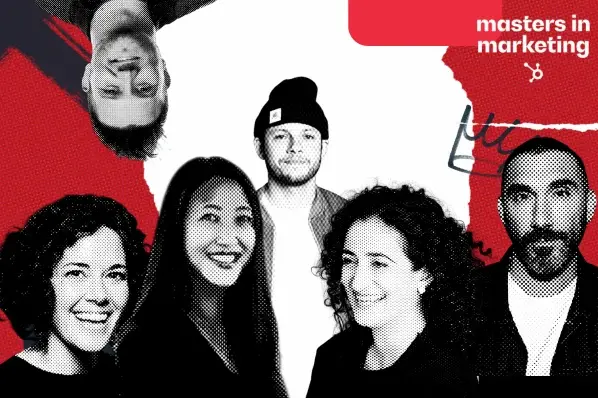Gary Shapiro, the chief executive of U.S. trade association Consumer Technology Association, has one make-or-break question he asks hopeful new hires—and says he will turn candidates down if they answer it wrong.
Picture this: You’ve spent hours applying for the dream job and sitting through multiple interviews. Finally, you think you’ve won over the hiring manager when they ask, “when can you start?”
You’d be forgiven for thinking the right answer, is “straight away.” After all, you want to seem eager.
But be warned: Shapiro says being available within two weeks is a big red flag that could land you in the rejection pile. “They don’t get the job, because they’ll treat us the way they treat that former employer,” Shapiro recently told CNBC.
“I want an [employee] with a level of commitment to their organization—even if they don’t love their job—where they won’t leave their employer hanging.”
Unless, of course, you’re unemployed—in which case, the pass-fail question doesn’t apply.
Fortune has contacted Gary Shapiro for comment.
The loyalty test applies to exiting employees too
It’s perhaps unsurprising that Shapiro values loyalty among workers—after all, the 68-year-old has worked in his current post as CTA’s chief exec for more than three decades.
For Shapiro, it doesn’t matter how senior the prospective candidate is, they’ll still be subject to the same test—and the longer their notice period, the better.
Shapiro said he used the go-to question when hiring the company’s chief operating officer. He recalled being “very thankful” that she said need up to six weeks to adequately transition from her former job.
“I said, ‘That’s perfect. You got the job,’” he added.
Although Shapiro didn’t specify her name in the interview, Glenda MacMullin is CTA’s COO according to the association’s website—which means that he’s been using the question for at least 20 years, as she joined the company in 2004.
He even applies a similar loyalty test to employees already in the business when they hand in their notice period.
Departing under good conditions, including giving at least two weeks’ notice is often a consideration whenever CTA rehires “boomerang” employees, Shapiro added.
Interview questions have been put under the microscope because of AI
Shapiro’s interview test may have stood the test of time, but many hiring managers today are tossing their go-to questions out of the window thanks to AI.
Earlier this month, Elon Musk’s xAI cofounder called out a cheating interviewee on X. Instead of stumbling through tough questions, the candidate was using large language models to answer them and then reading responses from the side of their screen.
Greg Yang, one of 12 cofounders at Musk’s latest AI venture, said a “candidate tried to use Claude during the interview, but it was way too obvious.”
The job seeker in question even revealed that prior candidates had leaked the interview questions they were asked on websites like 1point3acres and Cscareers.
Outside of the tech industry, employees have been trying to help their peers outsmart the interview process by sharing thorny questions on the likes of Glassdoor: Fortune was able to find many of the quirky riddles Goldman Sachs asks its candidates on the careers platform.
Yang’s post inspired other employers to speak out about the way savvy job seekers are abusing AI tools—and how some are scrapping their trusty interview questions in favour of a more conversational approach in response.
One employer even said he now asks the candidate to ask him questions about the job: “If they can’t adequately question you, they probably don’t have enough experience.”
Join business’s brightest minds and boldest leaders at the Fortune Global Forum, convening November 11 and 12 in New York City. Thought-provoking sessions and off-the-record discussions feature Fortune 500 CEOs, former Cabinet members and global Ambassadors, and 7x world champion Tom Brady–among many others.
See the full agenda here, or request your invitation.
Credit: Source link











